
CC Behind the scenes of Harvard Medical School
Step 1 covers the sciences fundamental to the practice of medicine. The Step 2 exam, which measures clinical knowledge and skills, is usually completed during the third or fourth year of medical school. The final exam for initial licensure, Step 3, occurs during the first or second year of residency training, after you have completed medical.

How Important Is Clinical Experience for Medical School Applications
While the requirements for such a medical school may not be strict, you should meet them if you want a competitive application. There is no set amount of time required to obtain clinical experience. All you need is a good quality experience done over a long enough time to demonstrate commitment.
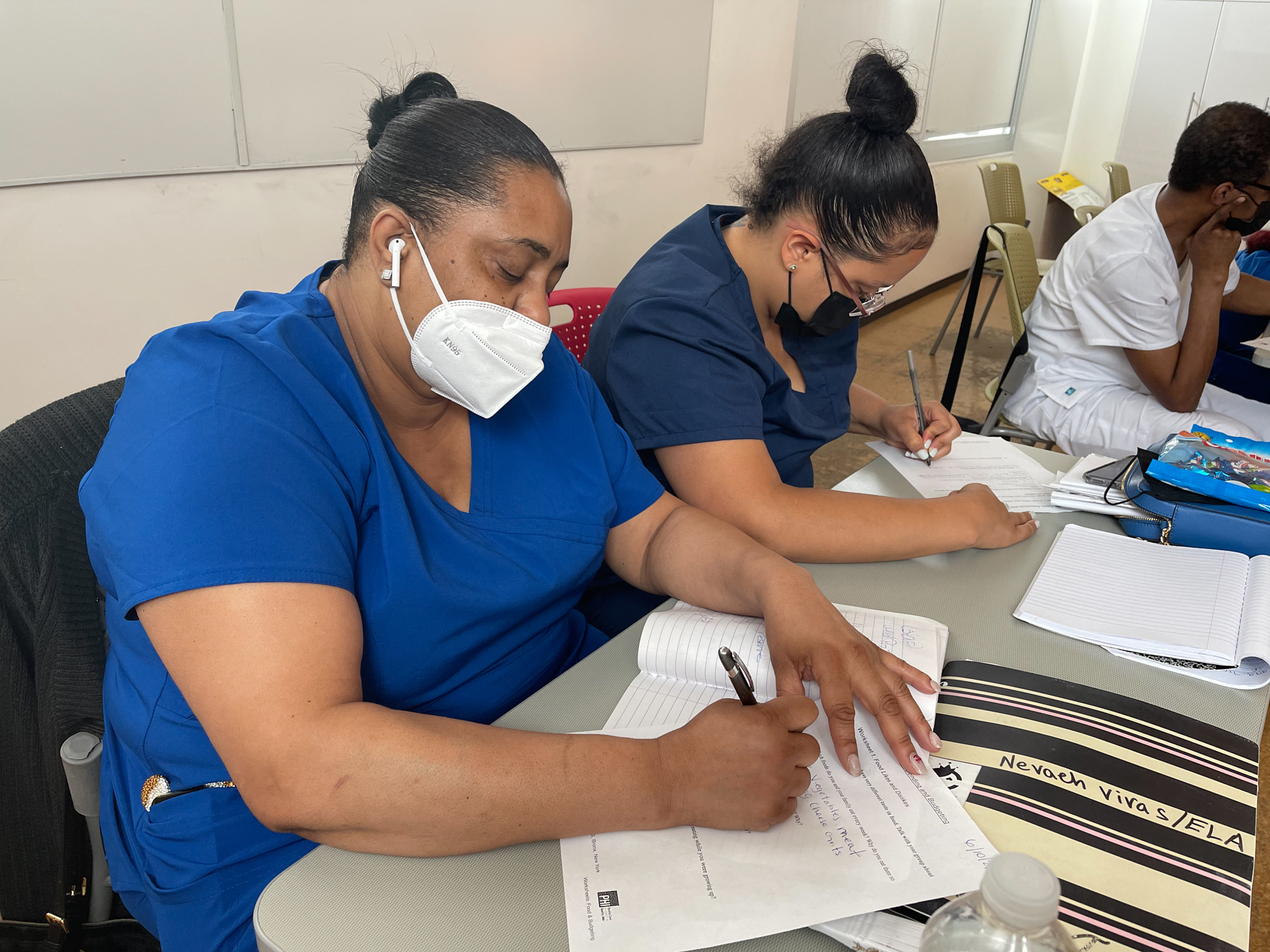
2Day Personal Care Attendant Course w/Job Placement Assistance 299
The University of Utah School of Medicine has long provided recommendations for prospective applicants to better understand what medical schools are looking for in extracurriculars. They recommend a minimum of 32 hours and at least 48 hours to be considered competitive. We typically recommend much more, with at least 100-150 hours of direct.

Clinical Experience for Medical School What Do You Need
Both volunteering and employment in the medical field can serve as clinical experience. Most medical schools require or strongly recommend clinical experience, so it's important to check the requirements of each school to which you intend to apply. When medical schools review applications, they are looking for applicants who demonstrate an.

Clinical Experience for Medical School How Many Hours?
lumanescence. • 3 yr. ago. i think 40-50 for clinical experience is on the lower end. you would ideally want at least 100 hours of clinical experience (300 is great, 1000+ is fantastic if you have a clinical job/worked there for years). but how long you worked at a place (1 month vs. 1-2 years) also matters, as well as what you learned and.

Postgraduate Diploma in Clinical Education Leeds May 2&3 Healthcare
In general, having between 100 and 150 hours of experience is ideal for your med school applications. Make sure to plan for this ahead of time. Sure, you could cram your 100 hours into six weeks so that you can say that you did them. But a better approach is to plan to have between two and four hours of healthcare experience per week for at.

Check It Croatian Singer You Must Know What Do You Need To A
3. Volunteer EMT. Serving as a volunteer emergency medical technician (EMT) is a great way to gain hands-on experience as an entry-level health care provider. Volunteer EMTs provide a needed service in their communities and are exposed to a variety of medical conditions. As an aspiring physician, you'll become knowledgeable about the health.

Day in the Life of a Caregiver Clinical Experience for Medical School
The Importance of Clinical Experience in Medical Education. Clinical experience is crucial in preparing medical students for the complex and demanding profession of healthcare. It allows students to observe healthcare professionals, learn about the different specialties in the field of medicine, and gain hands-on experience with patients.
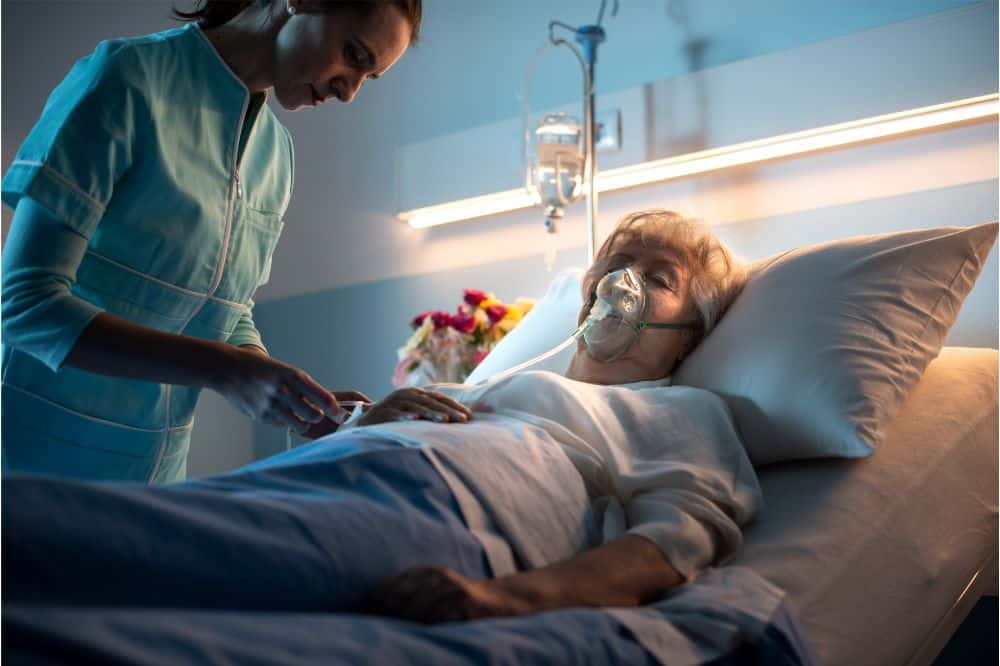
6 ways to gain clinical experience for premedical students
Clinical experience for medical school encloses any hands-on exposure to the healthcare field that allows you to interact with patients and healthcare professionals. It includes various activities such as volunteering, shadowing, internships, research, or paid positions. What truly matters is that it provides you with valuable insights into the.

3 Ways to Get Research Experience for Medical School medpath
Clinical experience is highly valued by medical school admissions committees. Most importantly, it provides applicants with a realistic understanding of the challenges and rewards of a medical career.

What Is Considered Clinical Experience for Medical School The Ultimate
Although schools have different admissions requirements and recommendations for the number of clinical hours you should have under your belt, 100-150 hours of clinical experience is considered the minimum amount. 200 hours of clinical experience can be great for applying to medical school. However, to showcase your passion and dedication to.
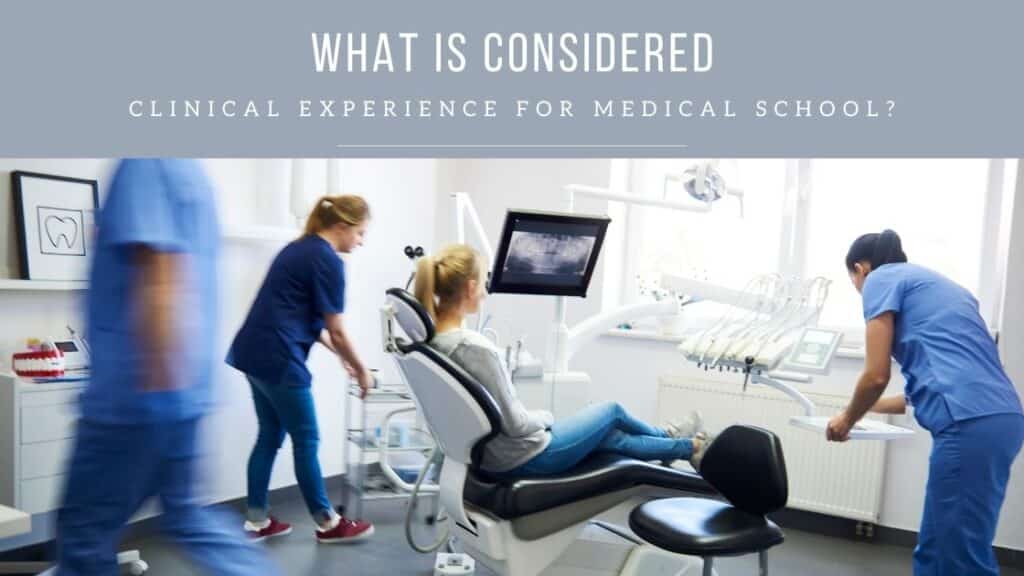
What is Considered Clinical Experience for Medical School?
Clinical experience is one of the most important personal activities that admissions committees consider on a medical school application. But there can be some confusion as to what exactly counts as clinical experience for pre-meds, and what doesn't. Learn more here about how many clinical hours students will need for medical school.
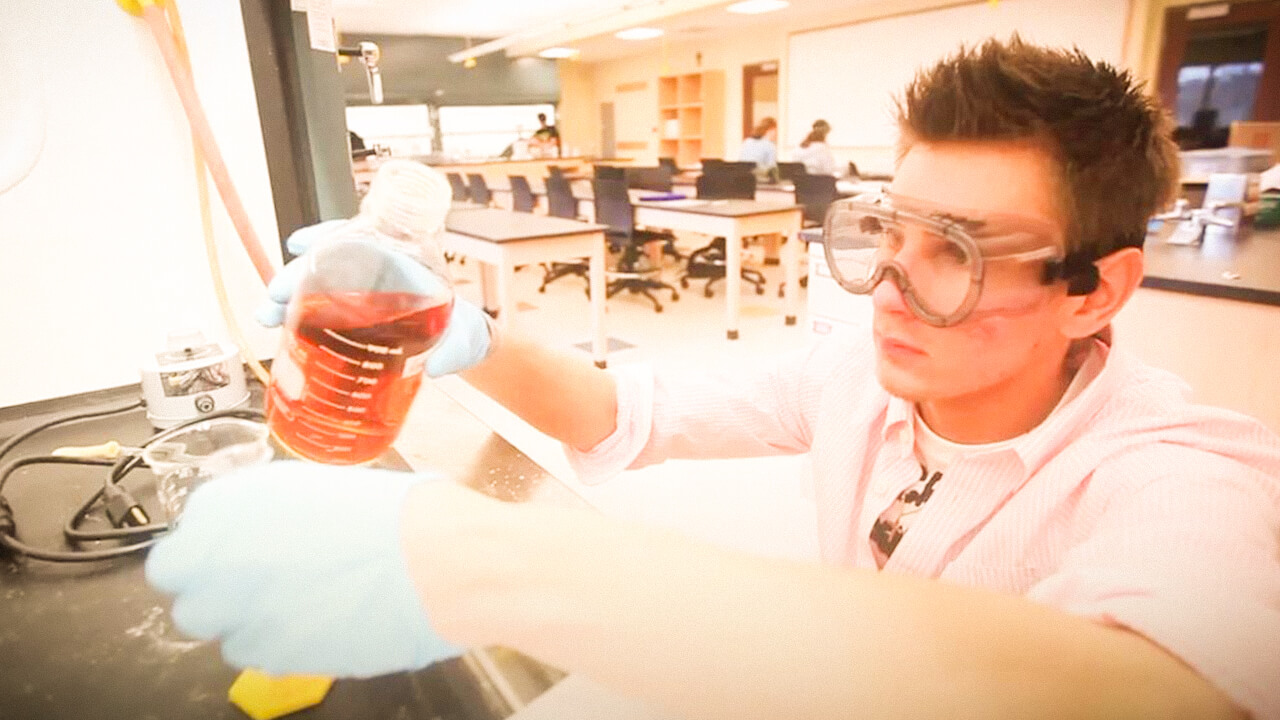
Stonehill Day in the Life of Robert Life at Stonehill Plexuss
1. Shadowing a Physician. Shadowing a physician means you follow them through their day as they work with patients, diagnose illnesses, and prescribe treatments. Physician shadowing is an excellent way to understand a doctor's daily responsibilities and how to interact with patients.
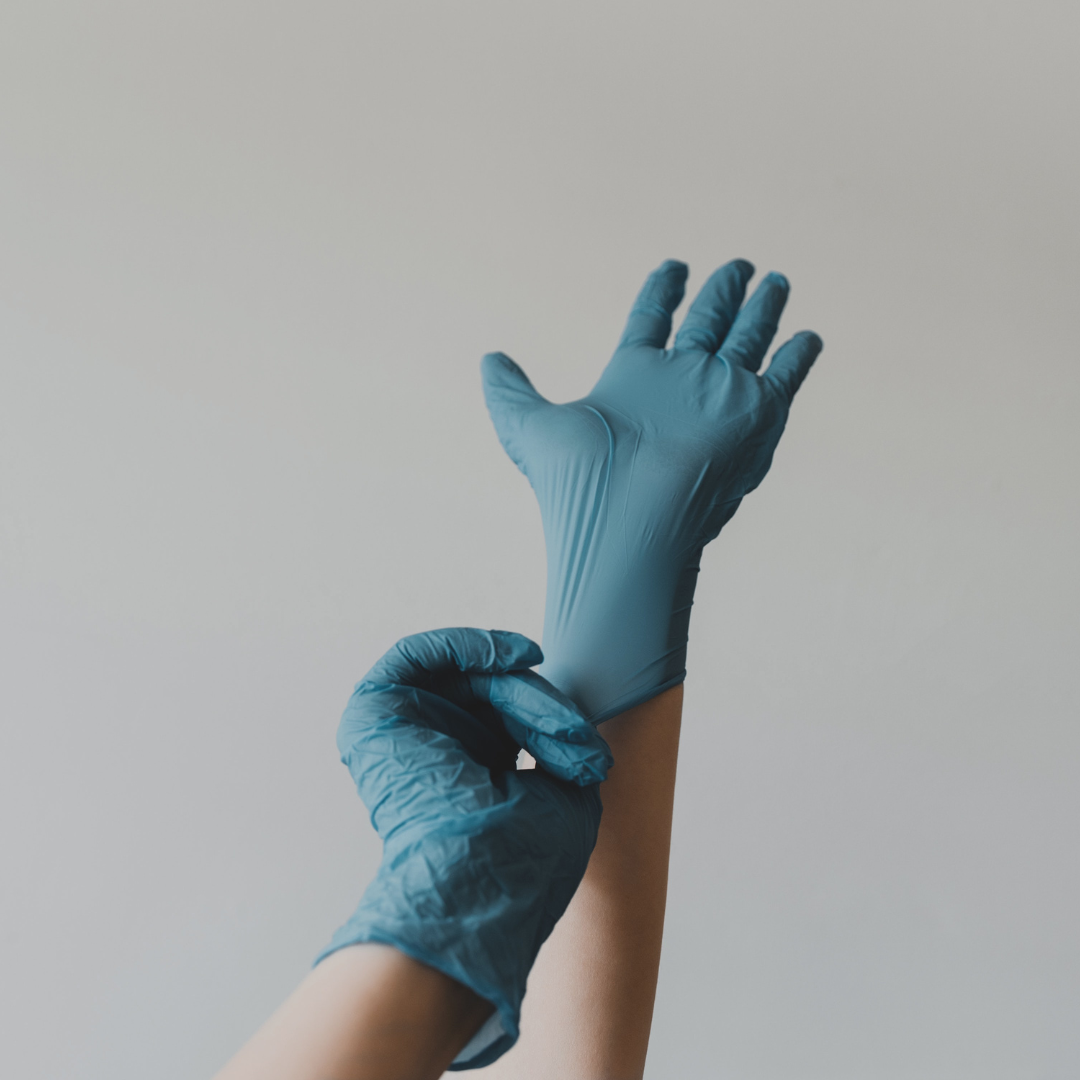
How Many Clinical Hours for Medical School medpath
Generally speaking, at least 100-150 hours of clinical experience is considered competitive. There is no specific number of clinical hours for medical school that will be universally applicable to all programs. We recommend that you check the respective admissions websites of your chosen schools to confirm their admissions requirements and.

5 Ways to Get Clinical Experience for Medical School medpath
The key to determining how many hours of clinical experience you need for medical school is to understand that you need consistency, balance, and quality hours. Consistency. First consistency. Medical schools want to know that you are serious about getting exposed to the medical field and that it is truly the right career path for you.

How to Get Meaningful Clinical Experience for Medical School — C'est
There are several ways premed students can gain clinical experience. Some common ways are volunteering in a clinic or hospital or by "shadowing" a doctor. Shadowing entails spending time with a physician, observing her work. Shadowing can be helpful in that it allows premeds to see what physicians do on a day-to-day basis.